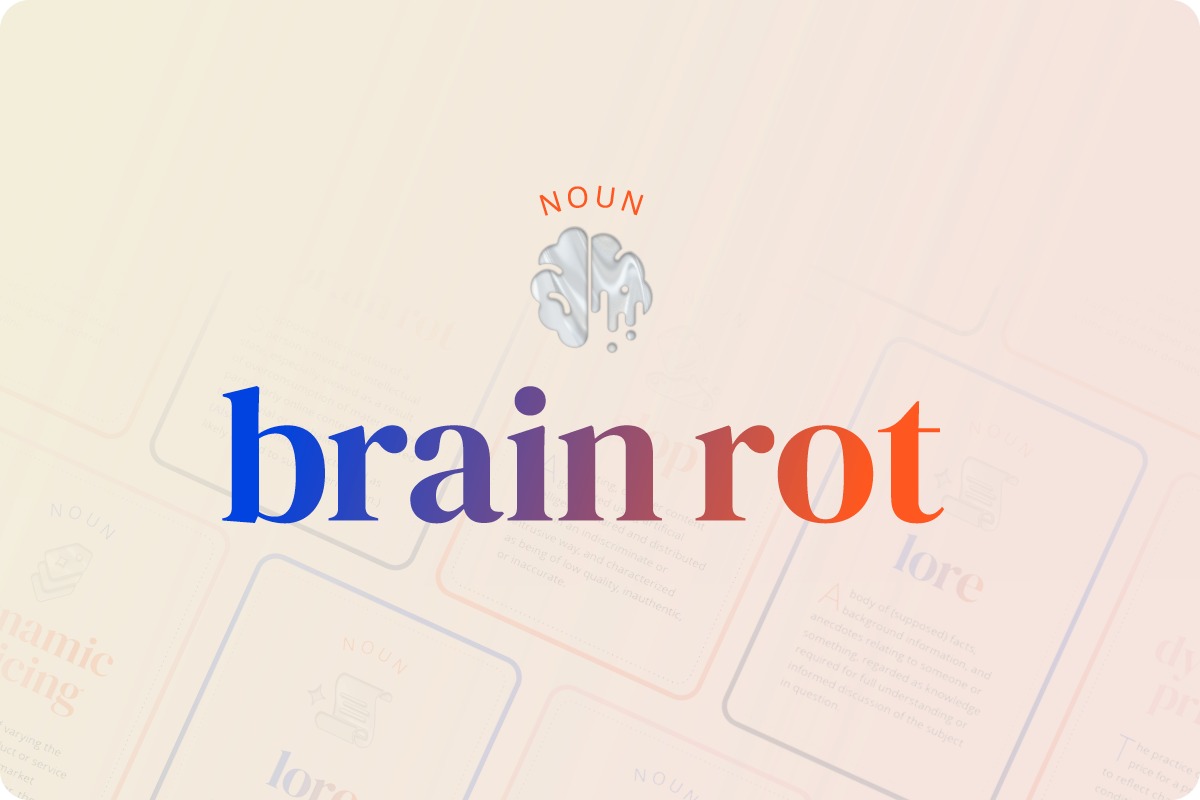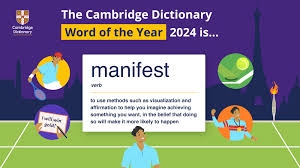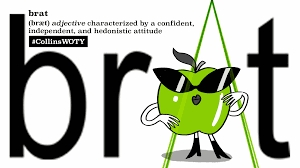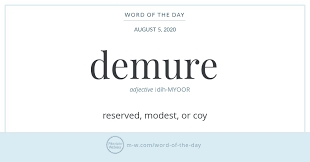The English language is a vast language with over 1 million words, making it a language that is constantly evolving and adapting to new words and phrases.
Each year, prominent dictionaries select a "Word of the Year" that captures the essence of the time. These words provide insights into the cultural, social, and technological shifts that define the year.
In 2024, words like brain rot, demure, manifest, polarization, and brat stood out. They represent the challenges, aspirations, and evolving dynamics of our world.
From mental health concerns to social attitudes and political divides, these terms encapsulate the year’s defining moments. The Words of the Year are more than just vocabulary—they are snapshots of society's collective consciousness.
They reveal what matters most, sparking conversations about how language connects to our lived experiences. Explore the meaning and significance of these powerful words that shaped 2024.
See More| Best of 2024: Movies, TV Shows, Songs, Books and More Here
1. Oxford’s Pick: ‘Brain Rot’

Source: Oxford University Press
Oxford University Press has designated "brain rot" as the Word of the Year for 2024, following an extensive public voting process that engaged over 37,000 participants.
This term encapsulates the perceived decline in mental and intellectual faculties, particularly attributed to excessive consumption of trivial or low-quality online content.
The phrase saw a remarkable increase in usage—by approximately 230%—from 2023 to 2024, reflecting growing societal concerns about the impact of digital media on cognitive health.
Historically, "brain rot" can be traced back to Henry David Thoreau's 1854 work Walden, where he critiques society's neglect of complex ideas in favour of simpler ones.
In contemporary discourse, it has gained traction primarily among Gen Z and Gen Alpha communities on platforms like TikTok, where it humorously describes the effects of mindless scrolling through social media.
The term has evolved to represent both the cause and effect of consuming low-value content, sparking broader discussions about mental health and digital well-being.
2. Cambridge's Choice: 'Manifest'

Source: Cambridge University Press & Assessment
Cambridge Dictionary has chosen "manifest" as its Word of the Year for 2024, reflecting a significant shift in its usage within contemporary language.
Traditionally meaning "to show or demonstrate clearly," "manifest" has evolved to encompass a more proactive interpretation in the context of personal development and goal-setting.
In recent years, particularly on social media, it has been popularised as a verb encouraging individuals to visualise their aspirations and actively bring them into reality.
This transformation highlights a cultural trend where self-help and manifestation practices have gained traction, especially among younger generations seeking empowerment through positive thinking and visualisation techniques.
The rise of this term is indicative of a broader societal movement towards mindfulness and intentional living, where individuals are encouraged to take charge of their destinies through focused thought and action.
As "manifest" continues to resonate with audiences navigating personal growth in an increasingly complex world, it reflects a collective desire for agency and fulfilment.
3. Collins' Selection: 'Brat'

Source: Collins Dictionary
Collins English Dictionary has selected "brat" as its Word of the Year for 2024, marking a notable evolution in the term's connotation.
Traditionally used to describe a spoiled child or an annoying person, "brat" has been redefined in contemporary usage to embody characteristics such as confidence, independence, and a carefree attitude.
This shift reflects changing cultural attitudes toward assertiveness and self-expression, particularly among younger generations who embrace unapologetic individuality.
The term's resurgence can be linked to various cultural phenomena, including viral social media trends that celebrate boldness and self-assertion.
In this new context, being labelled a "brat" can imply a sense of empowerment rather than negativity.
This redefinition underscores how language evolves with societal values, capturing the spirit of youth culture that prioritises authenticity and self-confidence in an era marked by rapid change and digital connectivity.
4. Merriam-Webster's Pick: 'Polarisation'

Source: News18
Merriam-Webster has chosen "polarisation" as its Word of the Year for 2024, reflecting the deepening divides within society across various domains such as politics, social issues, and cultural identities.
This term signifies the process by which opinions or beliefs become increasingly opposed or divergent, leading to heightened tensions and conflicts among different groups.
The selection of "polarisation" resonates with current global events characterised by stark ideological divides and social unrest.
As communities grapple with issues like climate change, economic disparity, and social justice movements, discussions surrounding polarisation have become more prevalent in public discourse.
This word encapsulates not only the challenges faced by societies but also the urgent need for dialogue and understanding amidst growing fragmentation. As language evolves alongside societal dynamics, "polarisation" serves as a poignant reminder of the complexities inherent in modern life.
5. Dictionary.com's Word: 'Demure'

Source: Merriam-Webster
Dictionary.com has highlighted "demure" as its Word of the Year for 2024, emphasising its evolving meaning within contemporary language. Traditionally associated with modesty or reserved behaviour, "demure" has gained new significance in the context of social media culture.
It now often describes individuals who present themselves with sophistication while maintaining an air of subtlety—particularly relevant among influencers and content creators.
The rise in usage—nearly 1200%—can be attributed to its frequent appearance in discussions about personal branding on platforms like Instagram and TikTok. The term reflects a cultural shift towards valuing authenticity combined with elegance in online personas.
As society navigates complex conversations about identity and representation in digital spaces, "demure" encapsulates a nuanced understanding of how individuals curate their public images while balancing traditional notions of modesty with contemporary expressions of self-confidence.
Comments
All Comments (0)
Join the conversation